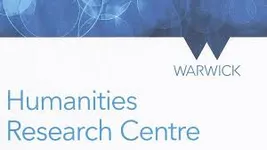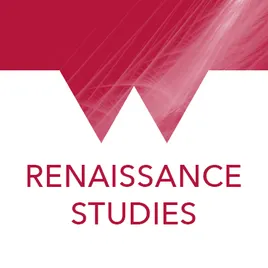Worshop Report

The workshop “Mediterranean Migration in Interdisciplinary Perspective” took place on Friday 3 March 2017 at Warwick Business School. Co-organized by Prof. Beat Kümin (Department of History) and Dr Felicita Tramontana (CSR), the event was generously supported by the HRC, the Centre for the Study of the Renaissance and The European Commission through the Marie Skłodowska Curie Actions. Its principal aim to encourage interdisciplinary discussion between economists, sociologists, historians and literary scholars was fully realized. Participants from six European institutions exchanged views and identified stimulating areas for further research.
Following introductory remarks by Felicita Tramontana on the state of scholarship, the first session “Migration across the Mediterranean: contemporary challenges and historical perspectives” focused on diachronic approaches. Dr Jacob Norris (Essex) talked about movements of early modern Catholics between the Middle East and Europe, while Dr Nina Perkowsky (Warwick) explained the methodological framework of her work on the motives and experiences of present-day migrants.
The second session “Italian Migration: Literature and History”, chaired by Beat Kümin, featured a historian and a literary scholar from different Warwick departments: Dr Rosa Salzberg (currently at EUI Florence) discussed Venice as an arrival city in the Renaissance and Dr Jennifer Burns (School of Modern Languages) analysed migration narratives in recent Italian literature. The last session of the workshop, “Migration, history and methodological challenges”, was chaired by Prof. Leo Lucassen (Leiden/Amsterdam) who also provided the concluding comment. Dr William O’Relly (Cambridge) addressed information networks shaping transatlantic movements from the 17th century and Prof. Sascha O. Becker (Warwick) analysed the effects of Polish westward migration from an economic perspective. The final discussion zoomed in on methodological issues (such as big data / GIS techniques), with particular emphasis on Dr Tramontana’s current project on early modern Palestine.
Report published on the Humanities Research Centre Newsletter





